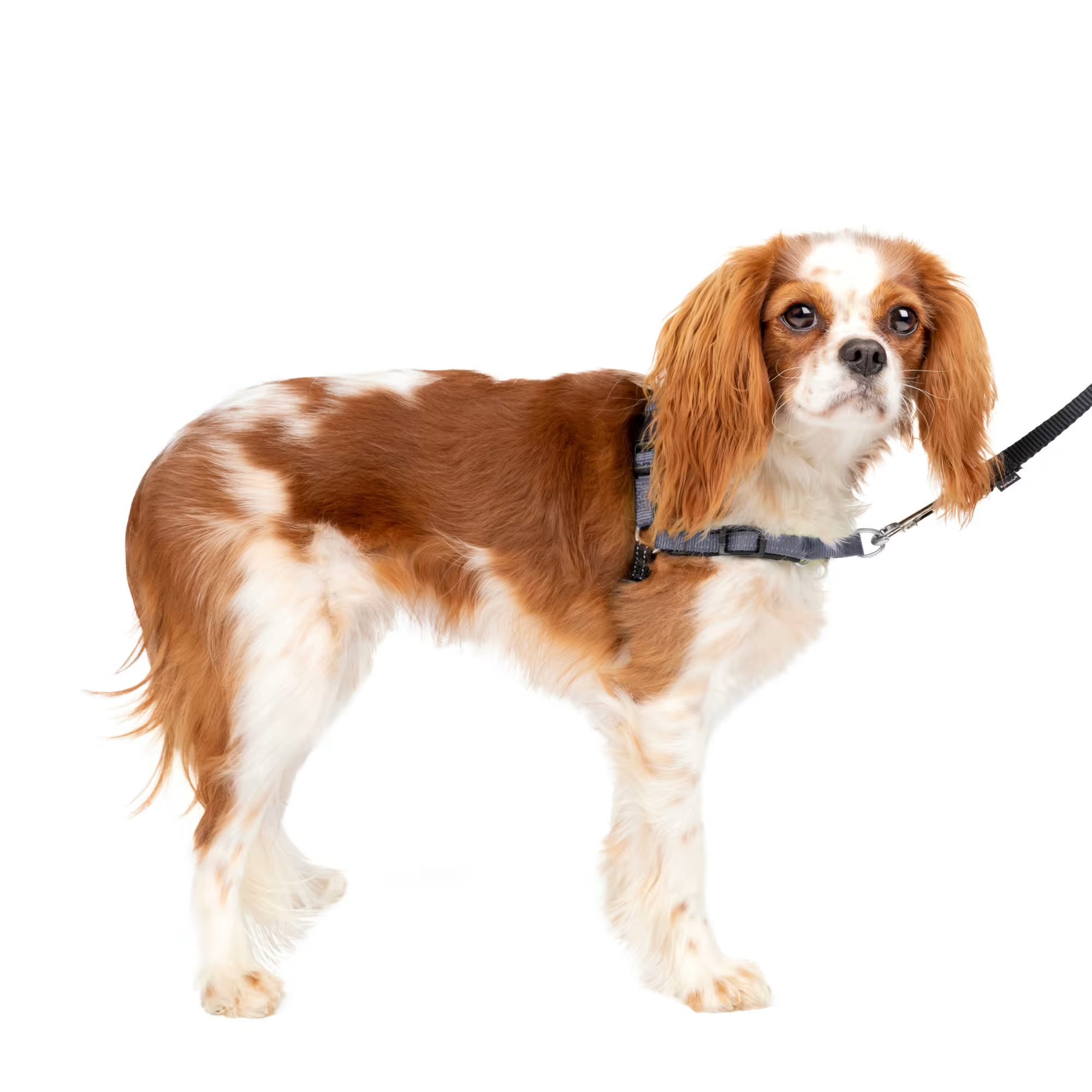Are Flea Bombs Safe for Pets? A Comprehensive Guide to Protecting Your Furry Friends
Guide or Summary:Are Flea Bombs Safe for Pets?Are Flea Bombs Safe for Pets?When it comes to keeping our homes free from pests, particularly fleas, many pet……
Guide or Summary:
Are Flea Bombs Safe for Pets?
When it comes to keeping our homes free from pests, particularly fleas, many pet owners consider using flea bombs. These products can be effective in eliminating fleas, but the safety of our beloved pets during and after the application is a primary concern. In this comprehensive guide, we will explore the effectiveness of flea bombs, their safety for pets, and alternative methods for pest control.
### Understanding Flea Bombs
Flea bombs, also known as flea foggers, are aerosol insecticides designed to kill fleas and other pests in your home. They work by releasing a fog of chemicals that penetrate carpets, upholstery, and other surfaces where fleas may hide. While flea bombs can be highly effective in reducing flea populations, it’s essential to understand the ingredients used in these products and their potential impact on pets.
### The Ingredients in Flea Bombs
Most flea bombs contain insecticides such as pyrethroids, which are synthetic versions of naturally occurring chemicals found in chrysanthemum flowers. While these chemicals are effective at killing fleas, they can also pose risks to pets, especially if they are not used correctly. Some flea bombs may also contain other harmful chemicals, which can be toxic to pets if inhaled or ingested.
### Safety Precautions for Pet Owners
If you're considering using a flea bomb, it's crucial to take specific safety precautions to protect your pets. Here are some essential steps to follow:
1. **Remove Pets from the Area**: Before using a flea bomb, ensure that all pets are removed from the area where the product will be applied. Ideally, pets should be kept out of the treated area for at least 24 hours after application.
2. **Read the Instructions**: Always read the label and follow the manufacturer's instructions carefully. Some products may have specific guidelines regarding how long to keep pets away from treated areas.
3. **Ventilate the Space**: After applying the flea bomb, open windows and doors to allow fresh air to circulate. This will help dissipate any lingering chemicals and make the environment safer for your pets.
4. **Clean Thoroughly**: Once the recommended time has passed, thoroughly clean the area. Vacuum carpets, wash bedding, and wipe down surfaces to remove any residual chemicals.

5. **Monitor Your Pets**: After returning your pets to the treated area, keep an eye on them for any signs of distress, such as excessive drooling, vomiting, or difficulty breathing. If you notice any unusual behavior, contact your veterinarian immediately.
### Alternative Flea Control Methods
If you’re concerned about the safety of flea bombs for your pets, there are alternative methods for controlling flea infestations:
- **Topical Treatments**: Many veterinarians recommend topical flea treatments that are applied directly to your pet’s skin. These treatments can be effective and are often safer than using chemical foggers.
- **Oral Medications**: Oral flea medications are another option that can provide protection against fleas without the risks associated with fogging products. Consult your veterinarian to find the best option for your pet.

- **Natural Remedies**: Some pet owners prefer natural remedies, such as diatomaceous earth or essential oils, to repel fleas. However, it’s essential to research these options thoroughly and consult with a veterinarian to ensure they are safe for your pets.
### Conclusion
In conclusion, while flea bombs can be effective in eliminating fleas from your home, their safety for pets is a significant concern. Taking the necessary precautions, such as removing pets from the area and following the manufacturer's instructions, can help mitigate risks. However, many pet owners may prefer alternative flea control methods that pose fewer risks to their furry friends. Always consult with your veterinarian to determine the best approach for your specific situation. Remember, keeping your pets safe and healthy is the top priority.
